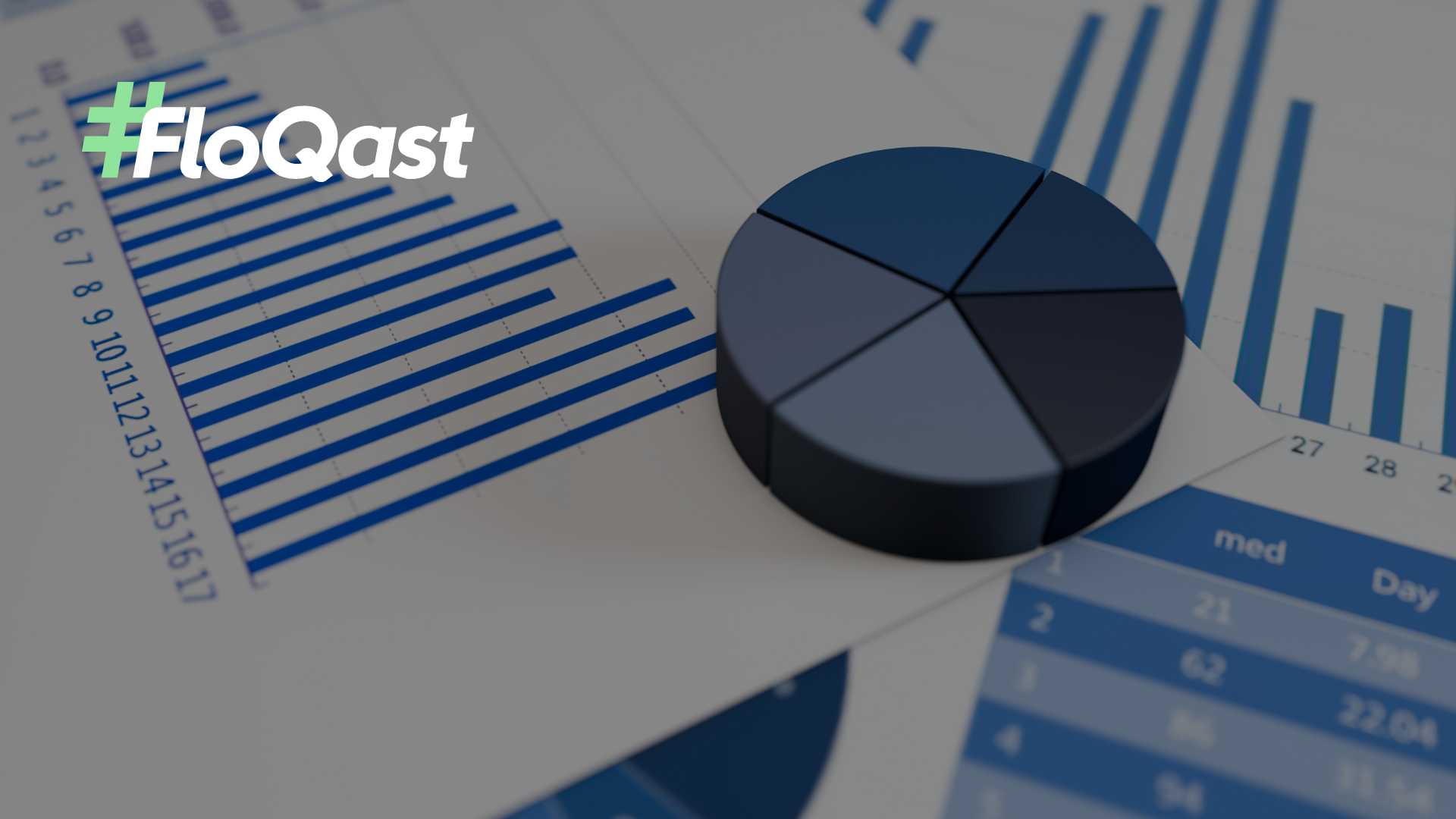


The accounting profession is rapidly adopting artificial intelligence, but a new study suggests the true value lies not in mere tool usage, but in strategic collaboration. FloQast, an Accounting Transformation Platform, has announced the results of a global study conducted with the University of Georgia, titled "The Journey to AI Collaboration: Moving Past the First Step." The research, based on a survey of 515 finance professionals, reveals that accountants who intentionally collaborate with AI report significantly higher job satisfaction, better work-life balance, and lower burnout compared to those who use AI peripherally or not at all.
Quick Intel
A FloQast/University of Georgia study defines "AI collaboration" as intentional, strategic partnership with AI.
Accountants who collaborate with AI report 18-38 point higher work-life balance scores.
52% of AI collaborators feel "very well rested" compared to 29% of casual users.
AI collaborators are more likely to trust AI's accuracy and view it as auditable.
Over 75% of accountants say a company's AI use is key to their interest in a job.
A vision gap exists, with most CFOs lacking confidence in AI integration.
The Tangible Benefits of Strategic AI Partnership
The study draws a clear distinction between casual AI use and true collaboration, which it defines as "actively working with AI in intentional ways to achieve specific tasks." The benefits for collaborative accountants are substantial. They score 18 points higher on a work-life balance scale than casual AI users and 38 points higher than non-users. Remarkably, 52% of collaborators feel "very well rested," nearly double the rate of casual users. This group also achieved the highest "accountant identity" score (83/100), suggesting AI removes burdensome tasks that previously caused career dissatisfaction.
“The findings from this University of Georgia study confirm what we’ve been seeing at FloQast. Namely, that the future of accounting isn’t about replacing human expertise with AI, but about creating powerful partnerships between accountants and technology to achieve shared objectives,” said Mike Whitmire, Co-founder and CEO of FloQast.
The Foundation of Trust and a Persistent Vision Gap
Effective collaboration is built on a foundation of trust and auditability. The study found that accountants who actively partner with AI are more likely to trust it to complete work accurately and understand how to audit its outputs. However, a significant vision gap hinders wider adoption. More than three-quarters of CFOs lack confidence in their ability to integrate AI, and fewer than 20% can separate must-have AI capabilities from nice-to-haves. Despite these organizational hurdles, the data shows that fostering intentional accountant-AI teams is a powerful strategy for improving retention, hiring, and overall productivity in the modern accounting function.
The study, conducted in partnership with the University of Georgia’s Consumer Analytics program, is based on a comprehensive survey of 515 full-time workers across 12 countries during mid-2025, examining the relationship between AI usage patterns and professional outcomes in the accounting field.
FloQast, an Accounting Transformation Platform created by accountants for accountants, enables organizations to automate a variety of accounting operations. Trusted by more than 3,500 global accounting teams, FloQast enhances the way accounting teams work, enabling customers to automate close management, account reconciliations, accounting operations, and compliance activities.
